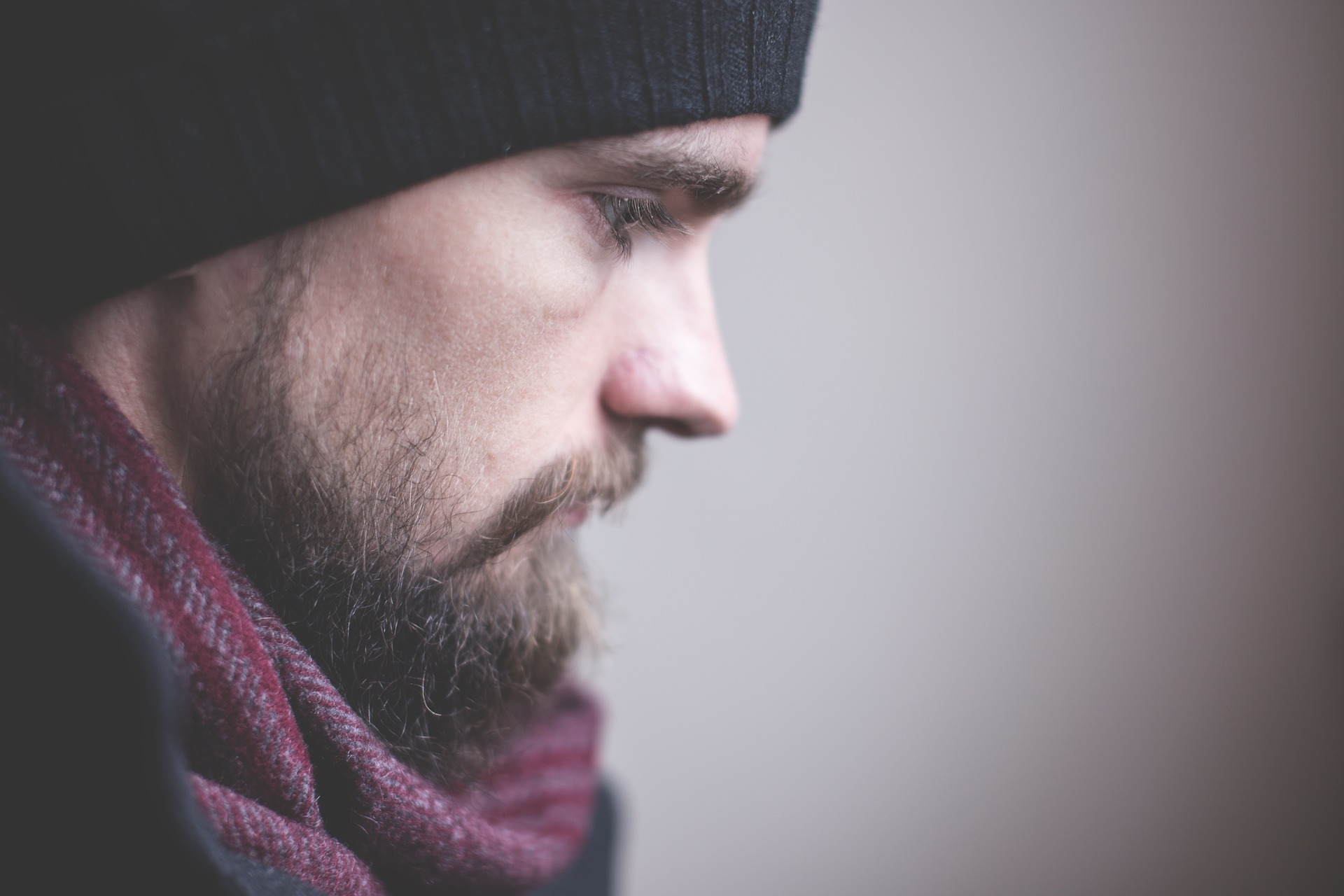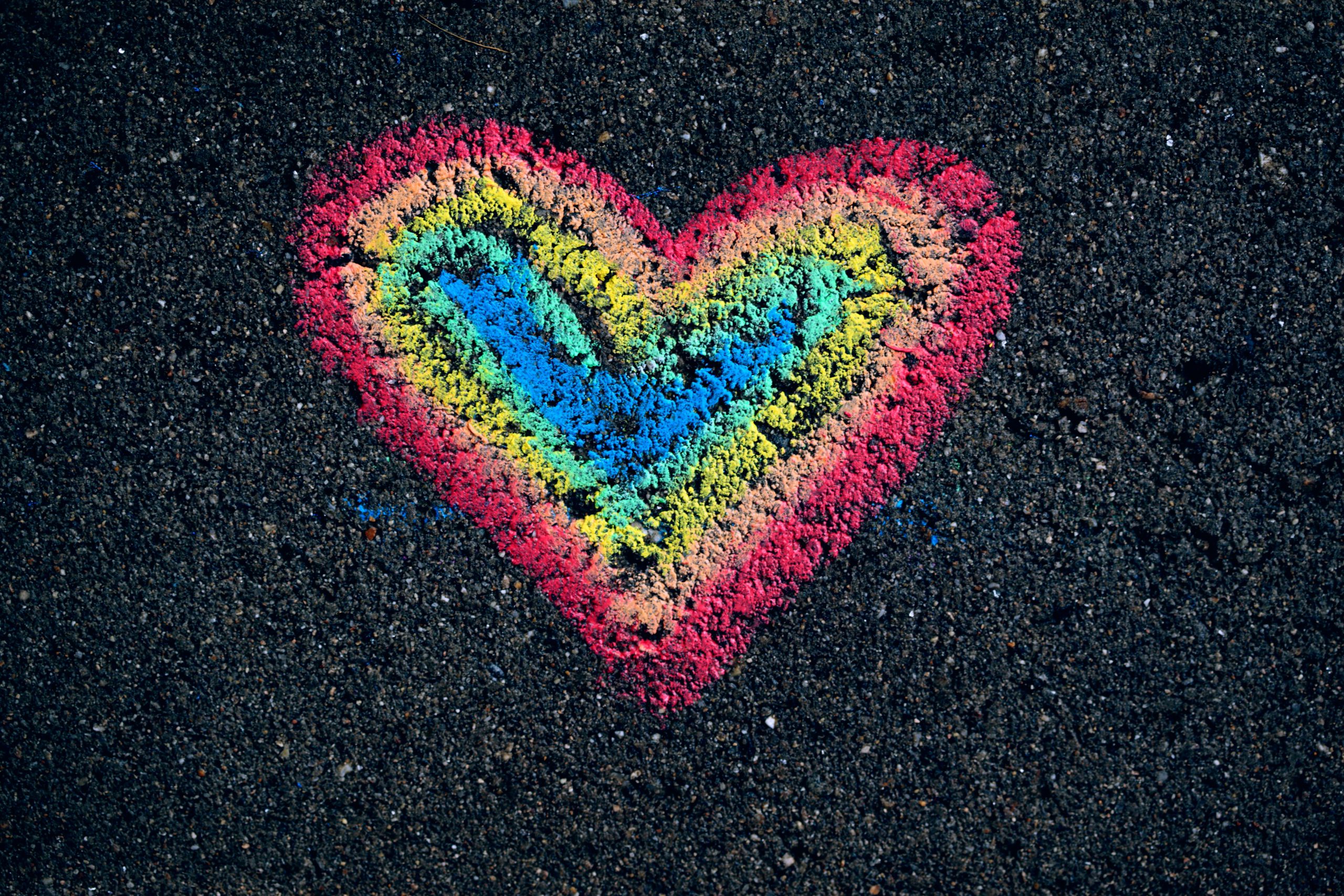As the holidays approach, mental health can improve for some people due to restorative rest and recuperation, but for others, it can add stress and pressure; especially for men. Men especially are often looked at as the providers in families, and therefore can feel an added sense of pressure during the festive season.1 There tends to be an increase in stress from financial pressures, family difficulties, and feelings of loneliness. So, how can men build better resilience and coping methods during this time of year? Let’s explore these three common areas impacting men’s mental health and how to respond to them in healthy ways.
Stereotypical gender roles have men feeling a strong sense of responsibility toward loved ones in providing safety, security, and financial stability which endures all year round. Financial stresses can be heightened during the holiday season in both genders because of the additional spending of money. Published research seems to show that women say they suffer more with financial pressures at Christmas time but researchers recognise that this finding may be down to the fact that men are more reluctant to discuss their issues and feelings, especially deep aspects such as those around their self-identity.2 These expectations can be hard to manage, whether they are self-imposed or created by society’s normalisation of masculinity factors, and this added financial burden can result in more worry and anxiety in men. This can be even harder on those that are unemployed or have a hard time making ends meet. The recent pandemic has left many people feeling uncertain about the future, making it even harder to have a sense of stability and security. Some signs of these challenges, sometimes becoming unmanageable, are losing sleep from over-thinking, increased drinking to forget your worries, or even panic attacks.
The festive season can also be a lonely time of year for men. It can be a reminder of those they’ve lost or who are no longer around like ex-partners, and this may create the symptoms of complicated grief or PTSD. Separation can be hard for those who have chosen to leave, and as a result be alone or perhaps you are the family member left behind; both isolating in their own way. A common response to feelings of sadness or anger is more isolation as men say they don’t want to be a burden to or snap at others while they are feeling these unpleasant feelings. Increased social isolation just breeds more loneliness.
The expectation of having to engage with family more than what you may be accustomed to can also bring on all sorts of feelings like anger, frustration, or disappointment. Especially when interactions don’t meet the fairy tale standards that films, TV and social media set for the holidays. Instead, the idea that family and friends are together therefore everyone should be happy, getting along and celebrating the festive times, adds stress. If these societal expectations are not met, it can trigger some unpleasant emotions and end in conflict with loved ones, leaving people feeling sad and caught up more in the negative feelings they may have already been experiencing.
We recommend reducing holiday stress by taking a few steps that focus your attention on what you have control over in your life.3 During holiday times, that may include creating a budget, shopping early for Christmas, or getting creative with your gift giving. For example, handmade crafts or babysitting are greatly appreciated and thoughtful gifts.
Some ways to beat the holiday blues might include starting a conversation about how you are feeling to a friend or family member. This might take some courage for you to be the one to invite or initiate the interaction. If distance is keeping you isolated, keep in touch with others by phone or video calls. Men tend to talk less about what is bothering them and bottle up their feelings so it is recommended to do just the opposite and open up to a trusted individual like a therapist. If you’re limited on time or don’t want to leave home, consider journaling or online therapy, which is just as effective as in-person therapy.
Not all coping strategies are effective in the long term. While alcohol and smoking are commonly used to relax or socialise more easily, they exacerbate feelings of anxiety, drain energy and lower mood. Try to limit alcohol consumption and replace smoking with constructive coping skills like exercise and meditation.
The festive season cannot be avoided as they are part of life, but some stress can be minimised by keeping focused on the parts you have more control over. This includes focus on your choices and actions which will help make the holiday season a more manageable time of year.
Authors: Julio Cervantes, InsideOut Counsellor & Dr Rebecca Lunson Southall, Chief Therapist & Content Contributor at InsideOut.
- MahajanTherapeutics
- https://www.apa.org/news/press/releases/2008/12/holiday-stressors
- Better Health Channel






